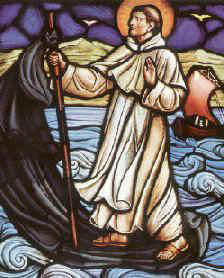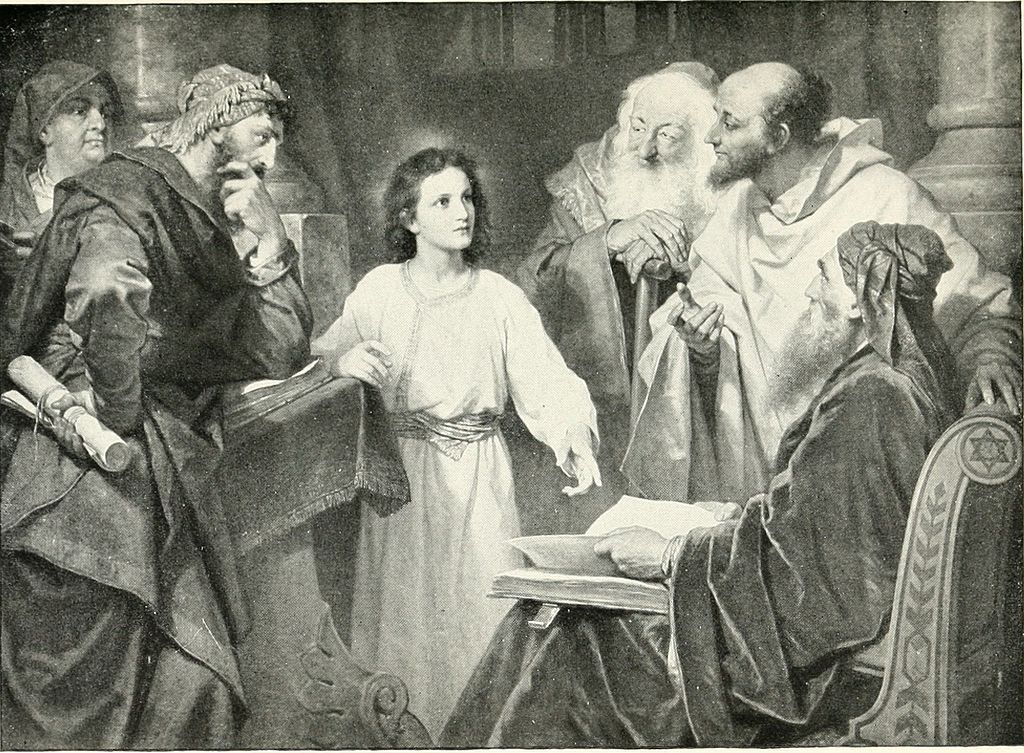|
To work for the proper implementation of canon law is to play an extraordinarily constructive role in continuing the redemptive mission of Christ. Pope St. John Paul II |
|
|
|
|
|
Updated 17 April 2019 |
Teaching Office of the Church (STL 949) |
|
Notices ► |
This course not anticipated for the next academic year. |
|
General remarks
|
Overview: This course looks closely at the primary modern texts (Vatican I and Vatican II) treating the Magisterium of the Church and analyses the main disciplinary norms (esp. 1983 CIC 747-833 and some supplemental documents) under which the Church fulfills her teaching mission.
Class meets: =
Required texts: No texts need be purchased for this course, but students will need access to:
• Canon Law Society of America, Code of Canon Law, Latin-English Edition, New English Translation (Canon Law Society of America, 2012) ISBN: 1-932208-32-1. Note: This volume is out of print, increasingly out-of-date, and generally over-priced in the used book market. A basic version is on reserve in the Szoka Library and specific texts needing updates will be provided here.
• Scriptural, magisterial, and/or scholarly materials listed below.
Class format: Interactive lecture and short student presentations and reports designed not only to develop students' understanding of these topics, but also to sharpen the clarity and effectiveness with which they impart this knowledge to others. The basic framework for this course tracks Book III of the 1983 Code, Teaching Function of the Church, with some significant digressions into, for example, infallibility and professions of faith. Thus, the topic sequence (subject to adjustments) is as follows:
• Preambulatory matters (incl. infallibility, magisterium, kinds and degrees of assent, heresy); • Ministry of the Word (esp. provisions on preaching and catechetics); • Missionary activities (incl. office of catechist); • Catholic education (esp. provisions on schools and Catholic higher education); • Social communications (nihil obstat, imprimatur, and ecclesiastical reviews of works); • Profession of faith; and • Concluding remarks on role of theology in the Church.
Course grading: =
SHMS Bulletin description: This course grounds students in the primary modern texts (Vatican I and Vatican II) treating the Magisterium of the Church and examines the main disciplinary norms (esp. 1983 CIC 747-833) under which the Church fulfills her teaching mission. (STL Candidates only) 2 credits.
|
| Project |
Class presentation project: =
|
| Topic 1 |
|
Materials on this website represent the opinions of Dr. Edward Peters and are offered in accord with Canon 212 § 3. This website undergoes continual refinement and development. No warranty of completeness or correctness is made. Dr. Peters' views are not necessarily shared by others in the field nor are they intended as canonical or civil advice.
CanonLaw.info Homepage & Site Directory / Help support CanonLaw.info / Original Materials © Edward N. Peters |
| Staging |





